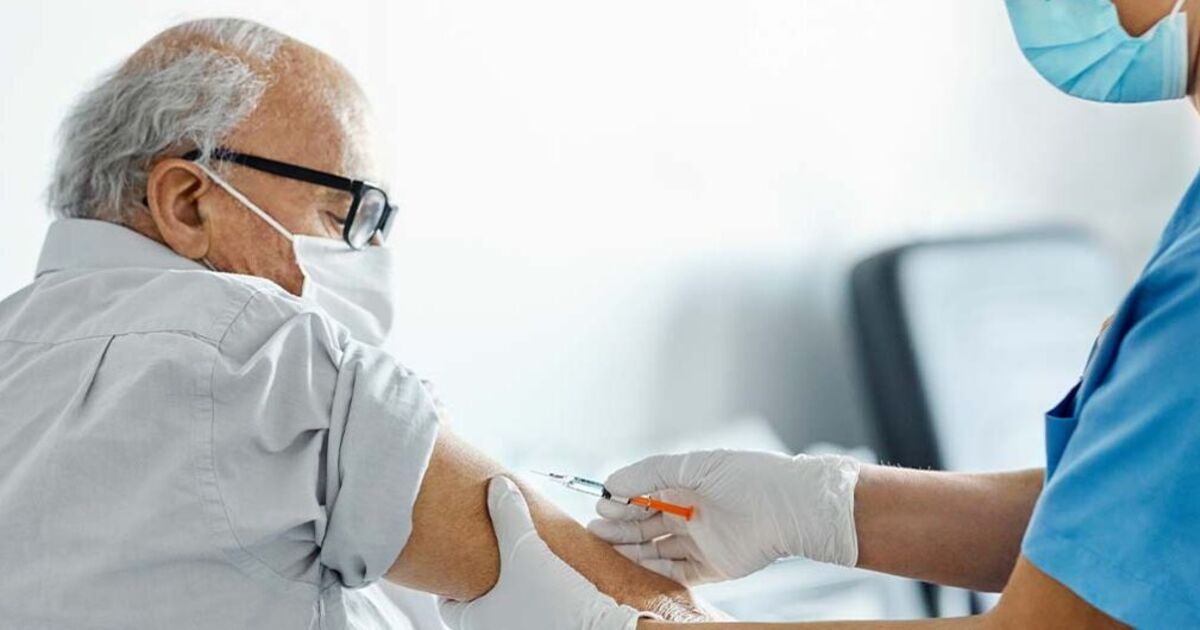A 62-year-old man has received 217 Covid jabs against medical advice in a bizarre case that has baffled scientists. The man, from Germany, was then studied by scientists, a study published in the The Lancet Infectious Diseases journal reports.
The vaccines were bought and administered privately to the 62-year-old over the course of 29 months.
Evidence for 130 of the jabs was collected by the public prosecutor of the city of Magdeburg, who opened an investigation with the allegation of fraud, but no criminal charges were brought.
Despite the very high number of vaccines, the man appears to have suffered no ill effects.
Scientists from the University of Erlangen-Nuremberg learned about his case via newspaper articles and invited him to undergo various tests in Erlangen.
The findings revealed how the immune system reacted to jabs as well as the number of Covid jabs that are “the favoured approach” for protection.
The researchers tested the man’s fresh and frozen blood and saliva samples. Dr Kilian Schober, from the university’s microbiology department, said: “We were able to take blood samples ourselves when the man received a further vaccination during the study at his own insistence.
“We were able to use these samples to determine exactly how the immune system reacts to the vaccination.”
While Covid vaccines don’t trigger infection, they can teach your body how to fight the disease. Messenger ribonucleic acid (mRNA) vaccines work by introducing the body’s cells to a bit of genetic code from the virus.
The immune system should then be able to recognise and know how to fight Covid if you contract it.
At first, Dr Schober was worried that hyper-stimulating the immune system with repeated doses might have tired out certain cells. But the findings found no evidence of this in the 62-year-old. What’s more, it appears the man was never infected with coronavirus.
Despite this, the researchers continue to recommend a three-dose Covid vaccine course for the best effects.
They said: “Importantly, we do not endorse hyper-vaccination as a strategy to enhance adaptive immunity. Current research indicates that a three-dose vaccination, coupled with regular top-up vaccines for vulnerable groups, remains the favoured approach. There is no indication that more vaccines are required.”
The team added that the results of their tests on the man were insufficient for making far-reaching conclusions, or recommendations for the general public.










